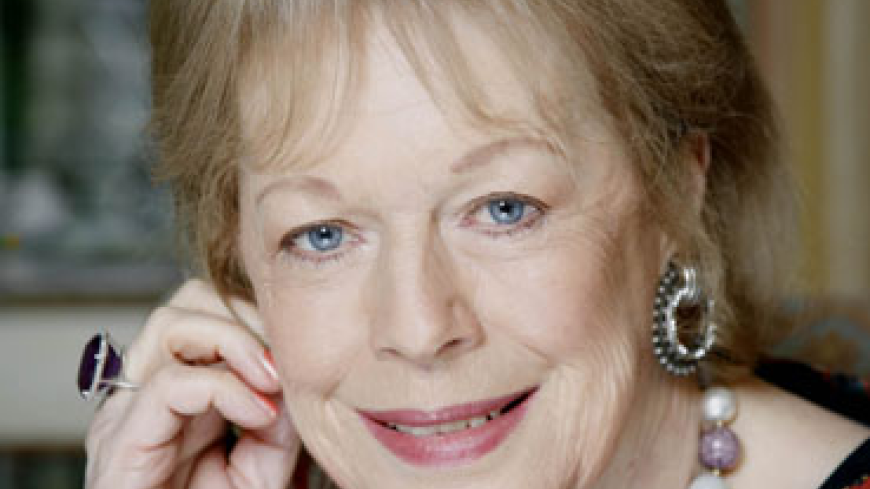
James Naughtie welcomed Lady Antonia Fraser by saying that the one thing that leaps out of her new historical account of the passing of the Great Reform Act of 1832, "Perilous Question", is "drama". He felt that the events and the way in which she had outlined them, were far more exciting than any historical fiction.
The proposals in the Great Reform Act of 1832 were to sweep away about half of the 'rotten boroughs' - constituencies where the population had slumped to a number where victory could be bought off cheaply - and give more seats to the major cities like Glasgow, Sheffield and Liverpool, where populations had risen due to industrialisation.
It also extended the vote to the middle classes, something that was seen as a dangerous thing in those days among the ruling classes.
Needless to say reform was strenuously resisted by many of the Tories. There was also great concern about the consequences of failure to introduce sufficient reform.
Naughtie said that following Catholic Emancipation in 1829 and the upheavals in France, it was thought that there might well be civil unrest in Britain with yet another momentous reform. Although there was indeed some rioting in Bristol, after the Lords initially blocked the passing of the Reform Bill, public reaction was more restrained than expected.
Fraser agreed, but said that there were signs of hope in that Wellington changed his mind on the Bill, as did Robert Peel, although both opposed its passage. She added that it took a brave man to change his mind on the Reform Bill, because of the pressure from within the Tory Party in particular, however, she mentioned that in more recent times we have seen Churchill change his mind about India, so it is indeed possible for great men to review questions and take a different view.
However, in 1832, with the Whigs in power and Charles Grey as Prime Minister, it took the rejection of the Bill by the House of Lords, following a threat to create new Peers to pass the Bill, for the process to be kept alive.
This led to a national election with an attempt by Wellington to form a government, before finally the Whigs, then with a majority, passing the Bill.
Even then it had to go to the Lords and it was only, according to Antonia Fraser, because many Tory peers were away at the Derby that the Bill got through the Lords!
King William IV, who had previously been supportive, had been 'got at' by Queen Adelaide as she was fiercely anti-reform. As she was some thirty years younger than William and was afraid of change, she used all her influence on the King. However, he was finally prevailed upon by Grey to reluctantly give his approval.
It had been, as Grey said in 1881, a "perilous question" as parliamentary reform always can be, with many problems and difficulties. Fraser said that a friend had commented that, because of all her attention to Charles Grey, she should have called her book, "One Shade of Grey"!
Naughtie said that at that time the use of the word 'democracy' was seen as a dirty word. The United States had only been in existence for fifteen years and was regarded by many as 'dangerous experiment'. There was a strong school of thought that felt that a constitution should grow 'like a vegetable' rather than be subject to radical imposed change.
However, to prepare the Bill for Parliament, Grey brought together a group of those who believed in the ideal. In order to preserve secrecy he used his daughters to do the clerical work. This illustrates how careful Grey had to be in his strategy to secure the passage of the Bill through Parliament.
Asked if the Great Reform Act had really changed the political climate, Antonia Fraser said that although the Whigs rejoiced, in fact it only meant that some 4.8% of the population could now vote as opposed to 3.2% previously, so there had not been a huge difference.
Further reforms were still to come, of course, with the vote for women being the big one. At the time people talked about the Whigs being in power for a hundred years, but this did not happen. In the same way, in 1945 when Labour took power, people thought that this would be for many, many years, but they were proved wrong.
This was a totally fascinating discussion between one of our most revered historical authors and James Naughtie who chaired a most entertaining and informative hour of discussion. This was one of the highlights of the Book Festival.
Perilous Question - The Drama of the Great Reform Bill 1832 by Antonia Fraser (Weidenfeld & Nicolson, 2013)

